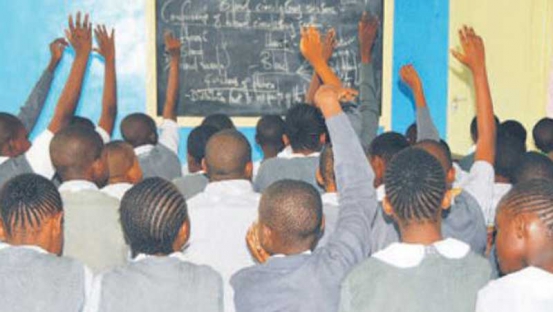×
The Standard e-Paper
Join Thousands Daily

Half of Kenyans believe the quality of education has improved since the introduction of Free Primary Education, a new report shows.
According to the poll, 47 per cent of sampled Kenyans said since public primary schools became free for all, the quality has become better. Free Primary Education has been running since 2003.